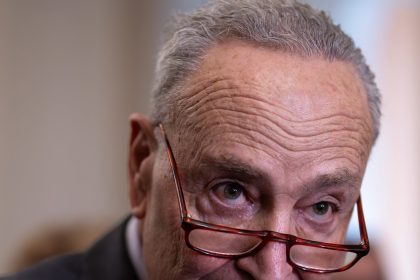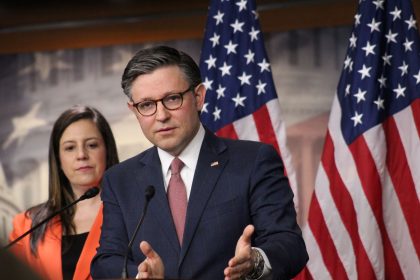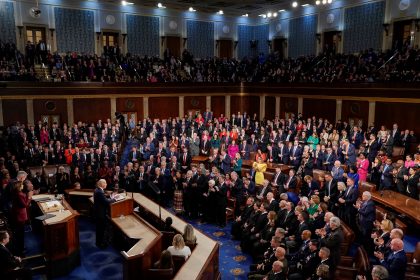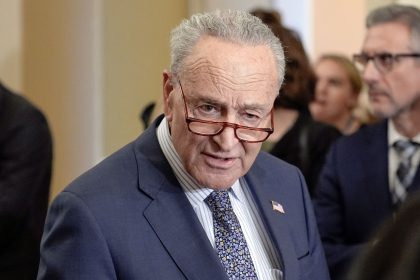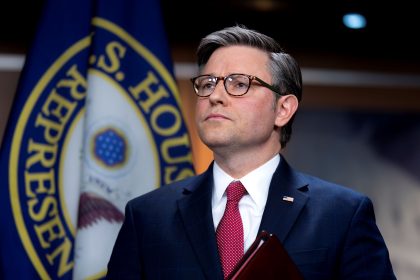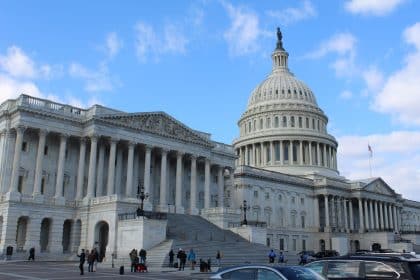Budget Hawks Urge Lawmakers to Address COVID-19 Crisis, But Heed Its Lessons
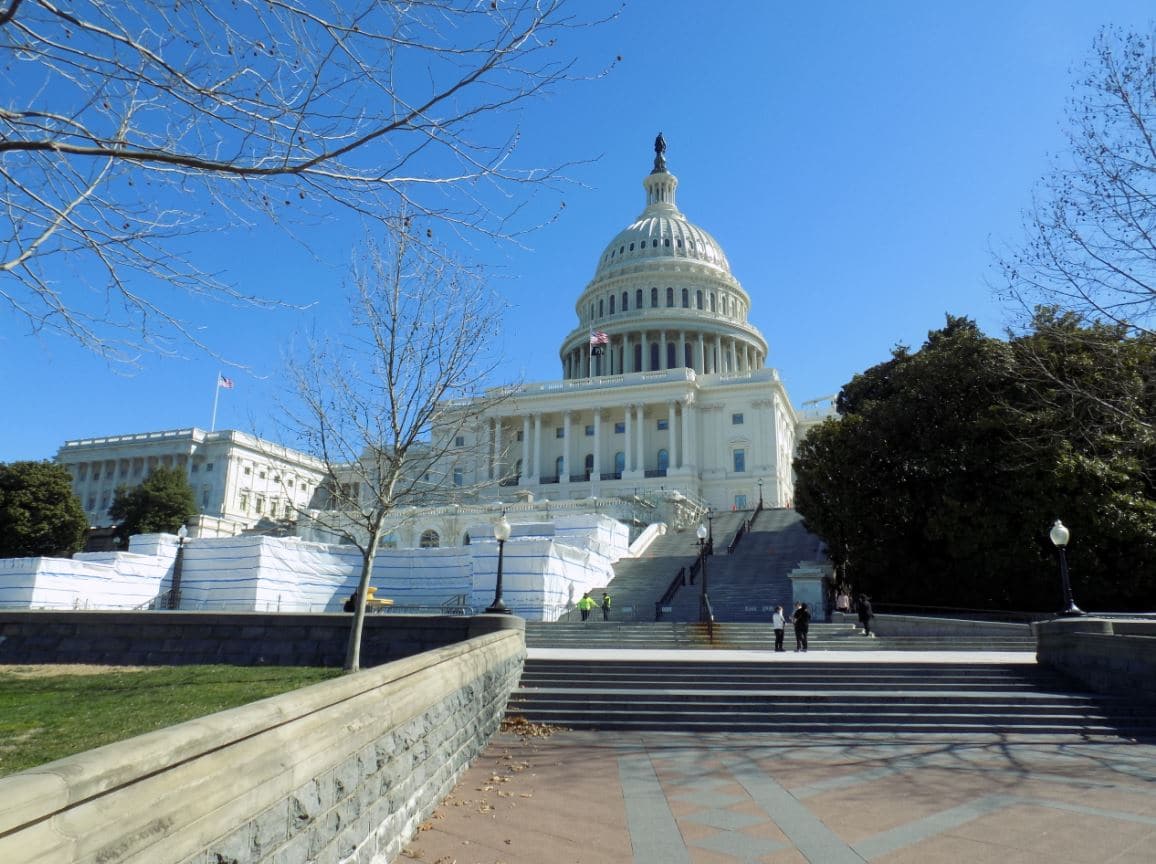
WASHINGTON – Despite the fact the White House and Senate were able to reach a deal on a roughly $2 trillion stimulus bill early Wednesday, the U.S. economy is still facing a huge shock to its system, the president of the St. Louis Federal Reserve said.
Speaking on CNBC’s “Squawk Box” program, the St. Louis Fed’s James Bullard, who previously predicted the nation’s unemployment rate could rise to 30% during the pandemic, said while the near-term prognosis for the economy may be rough, it will bounce back.
“This number will be unparalleled, but don’t get discouraged,” Bullard said, tempering his earlier dire prediction.
“This is a special quarter, and once the virus goes away and if we play our cards right and keep everything intact, then everyone will go back to work and everything will be fine,” he said.
The Fed bank president went on to say he believes the $2 trillion stimulus deal worked out early Wednesday should offset the impact of shutting down much of the U.S. economy to allow the virus to run its course.
Of his earlier prediction of unemployment temporarily surpassing that of the Great Depression, Bullard stood by his assertion that there will be “this huge spike mostly centered in the second quarter,” but added that ” everyone knows exactly what that is, that’s pandemic relief that’s done on purpose.”
He went on to say that, “If we can get this to work right, everything will snap back to normal once this is over.”
The highest rate of U.S. unemployment during the Great Depression was 24.9% in 1933. On average the unemployment rate throughout that economic crisis remained above 14% for nine years.
In February, before the pandemic crisis took hold, the U.S. unemployment rate stood at 3.5%, according to the Bureau of Labor Statistics.
But while the rationale for what Larry Kudlow, the White House’s top economic adviser, has called this “the single largest Main Street assistance program in the history of the United States,” is easily understood, it has also justified the longstanding calls from budget hawks for elected officials to reduce deficits and address the country’s high and rising national debt.
In a letter to her members on Wednesday, Maya MacGuineas, president of the Committee for a Responsible Federal Budget, noted the organization has been pressing for greater fiscal responsibility in Washington for more than 40 years.
“One key reason we have continued to push for debt reduction in good times is so the country will have the fiscal space to engage in needed borrowing during recessions or national emergencies. The country is now facing both,” she said.
Sadly, she said, Washington entered the current crisis woefully unprepared for it.
“Instead of spending the last five years addressing the nation’s long-term fiscal imbalance, policymakers enacted a series of tax cuts and spending increases that doubled our budget deficits,” she wrote. “We entered this crisis facing permanent trillion-dollar deficits and with the debt-to-GDP ratio already headed to record levels. As a result of this crisis, deficits could easily exceed $2 trillion this year and next.”
Despite her anger over poor fiscal management in the past, MacGuineas went on in her letter to acknowledge now is not the time to worry about near-term deficits.
“Combating this public health crisis and preventing the economy from falling into a depression will require a tremendous amount of resources – and if ever there were a time to borrow those resources from the future, it is now. Larger deficits are not only an inevitability, but are, unfortunately, a necessity,” she said.
At the same time, MacGuineas warned, this doesn’t mean lawmakers should decide resources are limitless nor that all ideas to spend more money or cut taxes are wise.
“Dollars should be injected into the economy quickly, but they should be spent as efficiently and effectively as possible. That means investing first and foremost in measures to address the public health crisis, targeting money toward those individuals and businesses most affected, it means testing where it doesn’t compromise timeliness, relying on loans and timing changes when it makes sense, and listening to the advice of economists on what policies will best support the economy,” she said.
MacGuineas added, “Now is not the time for politicians to push their pet projects.”
A similar message is being sounded by Michael A. Peterson, CEO of the Peter G. Peterson Foundation.
“The coronavirus outbreak is an unprecedented national emergency, and we need to respond aggressively to address both the public health crisis and the economic risk,” he said.
Like MacGuineas, Peterson called for lawmakers to take “highly targeted” steps to address the crisis and achieve the greatest impact.
“By acting quickly and strategically, we can improve the response and reduce suffering, especially among vulnerable populations,” he said.
But Peterson also went on to say “the country would be in a much better position right now if our debt and deficits weren’t already at such high levels, but our current fiscal outlook should not impede the response to this emergency.
“As we take these steps, we must acknowledge that the next generation should not have to continuously bear the burden of our urgent, current funding needs and lack of concern for the future. In the aftermath of this crisis, we will need to improve America’s strength and preparedness on many levels,” he said.


















